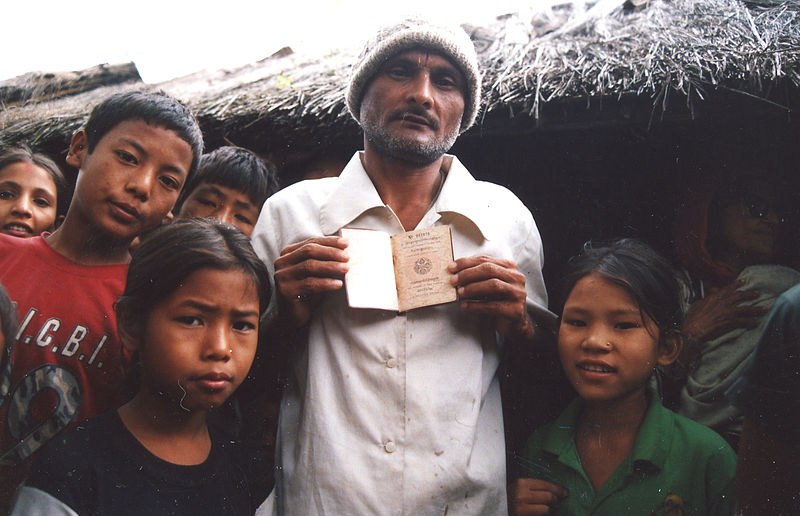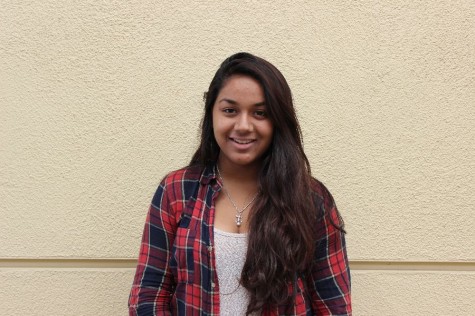The situation in Myanmar with the Rohingya Muslims may very well go down in history as one of the least recognized and most violent human rights violations of all time.
The Muslim Rohingya of Burma provides a well-written history of the situations in Burma dating back to 1995. According to the article, the word Rohingya was initially created in the 1960s in order to recognize the Muslims living in the Rakhine province as Burmese citizens.
After Burma’s independence, the population of Rohingya increased, reaching as many as 1.5 million people. The Burmese, who are actually considered citizens, aren’t fond of Muslims, and most of them don’t consider Rohingyans to be real residents of Burma. The senior Burmese envoy to Hong Kong even went as far as to say that the Rohingyas are as “ugly as ogres.” Rohingyas have been forced to act on their own and attempt to release themselves out of the paradox of existing but not being acknowledged for their existence.
The Rohingyas potential future seems extremely bleak. Examining the lives these people lead from an outside view is extremely upsetting. They have no inducement to offer the country, and there is no effort being made to help them.
Amnesty International has attempted to increase consciousness about what’s going on inside of Burma. However, it doesn’t seem to be sparking any activists to really speak out about what’s going on. The most surprising lack of interest comes from the Burmese Nobel Peace prize winner Aung San Suu Kyi.
She was determined to create freedom in Burma, but where is the freedom for the Rohingya Muslims? Even President Barack Obama spoke out about the hardships of the Rohingyas during his visit to Burma last year. Beyond that one speech, US policy-makers have failed to actually put forward a policy to put a stop to this modern genocide against Muslims.
It’s about time that the UN steps in and does some legitimate humanitarian work instead of standing on the sidelines. The main message that’s being forgotten here is that people shouldn’t have to live in fear and be persecuted for how they look or what their religious beliefs are. At the end of it all, we are all a reflection of how we treat others.


